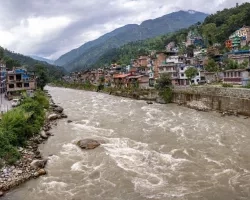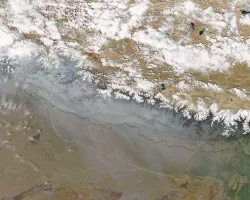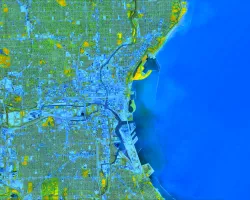World history is marked with notable women who have made significant contributions to science and technology. Despite recent achievements and progress, though, women make up less than 30% of the world researchers in science and technology and the figure is less than 20% in some places, particularly in Africa.
According to the United Nations Educational, Scientific, and Cultural Organization, a lack of supportive learning environments contribute to gender differences in science, technology, arts and mathematics (STEAM) education beginning in early childhood care and becomes even more visible in higher levels of education.
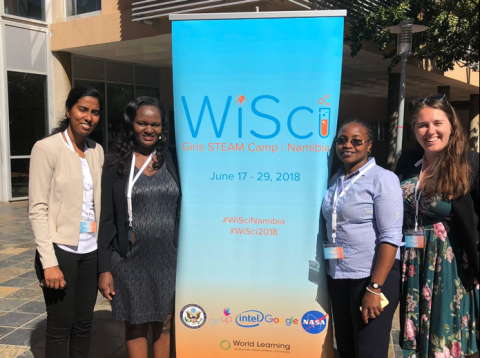
To address this gap, Girl Up – a global leadership initiative of the United Nations Foundation – partnered with the U.S. State department, Google, National Aeronautics and Space Administration (NASA) and others to organize the annual Women in Science (WiSci) camp to provide young girls access to education, mentorship opportunities, and leadership training.
This summer, June 17-29, 98 girls from the African continent (Ethiopia, Kenya, Namibia, and Swaziland) and the United States attended the 2018 WiSci camp at Namibia University of Science and Technology in Windhoek, Namibia, to learn how to develop mobile applications, coding skills, learn about geospatial technology and other skills.
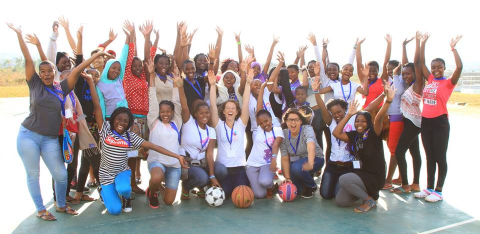
The event marks the second year that NASA SERVIR Science Coordination Office (SCO) and SERVIR-Eastern and Southern Africa (SERVIR-E&SA) at the Regional Centre for Mapping Resource for Development (RCMRD) have participated in the WiSci camp. NASA SCO Regional Science Coordination Lead Emily Adams and software developer Githika Tondapu attended the camp to serve as instructors and provide mentorship. SERVIR-E&SA/RCMRD’s Science Data Lead Anastasia Wahome and Land Use Land Cover Lead Phoebe Odour attended in a similar capacity.
To inspire the high school girls to pursue STEAM careers, the team of SERVIR instructors introduced the girls to Earth Observation data, remote sensing, geographic information systems and how all these tools address development issues in communities across Africa.
“We are out to inspire the girls,” said Odour. “The intention is not to immediately turn the students into experts from our training, but to inspire motivation for them to become STEAM experts in the future.”
During the mentoring hours, Wahome said, “I spoke with the students about how they can progress their careers in science, the needed education and skills, and how to tackle the challenges they would face as women when progressing through their career.”
In sharing her advice to the students, Tondapu encouraged students to seek guidance from others who would be supportive of their career and to collaborate with peers with similar interests. Further elaborating on this point, Emily said, “Leverage the Internet and online resources to connect with people who care about the same issues as you – your peers and mentors no longer have to be local.”
SERVIR plans on participating in future WiSci camps to continue inspiring and engaging the next generation of girls and women to pursue STEAM careers. SERVIR, which means, "to serve" in Spanish, is a joint development initiative of NASA and the U.S. Agency for International Development in Washington. SERVIR works in partnership with leading regional organizations worldwide, creating tools, products and services that empower decision makers to better address critical issues related to food security, water resources, natural disasters, land use, and weather variability.
SERVIR's four regional hubs are located at the Regional Centre for Mapping of Resources for Development in Nairobi, Kenya; the International Centre for Integrated Mountain Development in Kathmandu, Nepal; the Asian Disaster Preparedness Center in Bangkok, Thailand; and the Agrometeorology, Hydrology and Meteorology Regional Center in Niamey, Niger.
